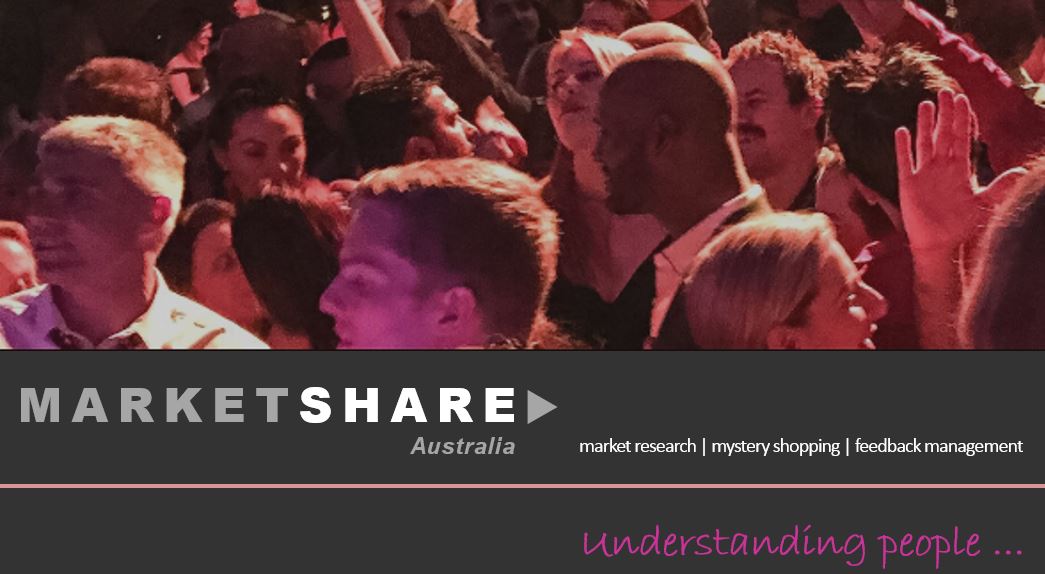Brisbane Markets appoint Marketshare for 5th year
Mystery shopping or a mystery consumer is a tool used externally by market research companies, watchdog organizations, or internally by companies themselves to measure quality of service, or compliance with regulation, or to gather specific information about products and services. The mystery consumer’s specific identity and purpose is generally not known by the establishment being evaluated. Mystery shoppers perform specific tasks such as purchasing a product, asking questions, registering complaints or behaving in a certain way, and then provide detailed reports or feedback about their experiences.
Mystery shopping was standard practice by the early 1940s as a way to measure employee integrity. Tools used for mystery shopping assessments range from simple questionnaires to complete audio and video recordings. Mystery shopping can be used in any industry, with the most common venues being retail stores, hotels, movie theaters, restaurants, fast food chains, banks, gas stations, car dealerships, apartments, health clubs and health care facilities. Since 2010, mystery shopping has become abundant in the medical tourism industry, with healthcare providers and medical facilities using the tool to assess and improve the customer service experience.[1] In the UK mystery shopping is increasingly used to provide feedback on customer services provided by local authorities, and other non-profit organizations such as housing associations and churches.[2]
